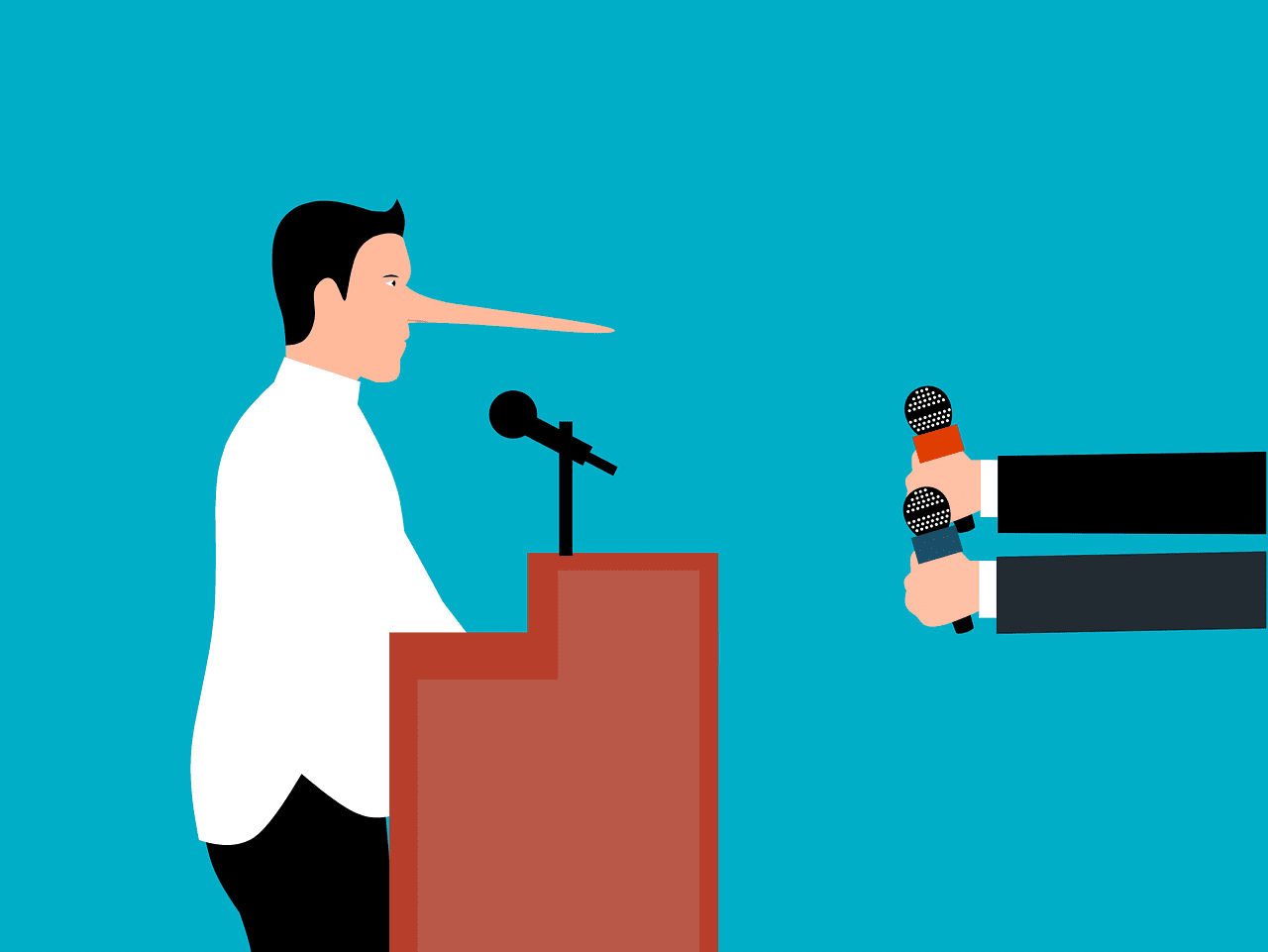Lying may seem like a quick fix to avoid conflict or protect someone’s feelings, but its long-term effects on relationships, personal integrity, and emotional well-being can be far-reaching. Whether it’s a small white lie or a more significant deception, the consequences of dishonesty often extend beyond the immediate situation, causing harm to both the liar and the one being deceived.
- Destruction of Trust
Trust is the cornerstone of any meaningful relationship. When someone lies, they destroy the very foundation of that trust. The person on the receiving end may begin to question everything that has been said to them, leading to doubt, suspicion, and insecurity. Trust is incredibly difficult to rebuild once it’s been shattered, and even the smallest lie can create a rift that takes years to repair, if it can be repaired at all.
- Devalues the Relationship
When dishonesty enters a relationship, it diminishes its value. Relationships are built on mutual respect, understanding, and open communication. Lying undermines these qualities by introducing an element of deceit. It makes the person being lied to feel less important or valued, as though they are not deserving of the truth. Over time, this can erode affection, deepen resentment, and diminish the emotional connection between individuals.
- Lack of Respect
Lying reflects a lack of respect for the other person. It suggests that the liar either doesn’t trust the other person with the truth or feels that the other person’s feelings or intelligence don’t deserve honesty. When we lie, we are essentially saying, “You aren’t important enough for me to be real with.” This lack of respect can have profound effects on how both individuals see each other and their relationship.
- Demonstrates Selfishness
Lying is often driven by selfish motives—avoiding consequences, protecting oneself from discomfort, or manipulating situations to one’s advantage. It demonstrates a disregard for the other person’s needs, feelings, and trust. When lying becomes a habit, it reflects an ongoing focus on self-preservation at the expense of others, which ultimately creates distance and dissatisfaction in relationships.
- The Pain of Betrayal
Perhaps one of the most damaging aspects of lying is the sense of betrayal it brings. When we believe someone’s words and then discover they’ve been untruthful, we feel duped, foolish, and deeply hurt. It’s not just about the lie itself, but the underlying sense of betrayal—believing that someone we trust has deliberately deceived us. This can shake the foundation of any relationship, leaving emotional scars that may linger long after the lie is uncovered.
- Lies Beget Lies
Once a lie is told, it often sets off a chain reaction. To cover up the original lie, more lies are told, which can become harder to remember and manage. These ongoing lies create a web of deceit that is difficult to escape from. Eventually, the truth comes out, and when it does, the damage is often far worse than if the truth had been revealed in the first place. The more a person lies, the harder it becomes to distinguish between what is true and what is false.
The Road to Healing
While lying may seem like a shortcut to avoid discomfort or unpleasant truths, its consequences are often far more damaging in the long run. If you’ve been dishonest in a relationship, acknowledging the lie is the first step toward rebuilding trust. Honest conversations, transparency, and vulnerability can help heal the wounds caused by deception.
For those on the receiving end of the lie, the road to forgiveness requires time, reflection, and understanding. Rebuilding trust may take time, but it’s possible when both parties are committed to transparency and open communication. Whether the lie is big or small, honesty is the only way forward.
Ultimately, the key to any strong relationship is authenticity. By being truthful, we not only foster trust and intimacy but also protect our own sense of self-worth, ensuring that we live in alignment with our values



